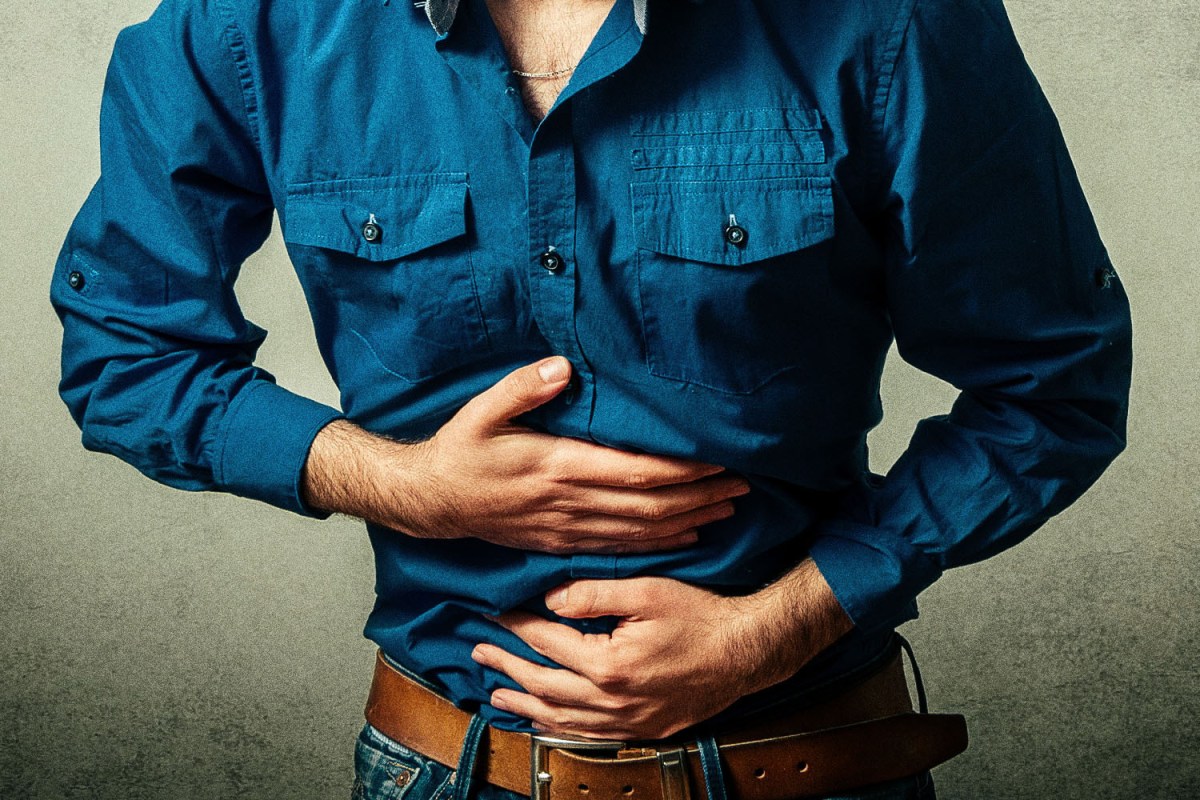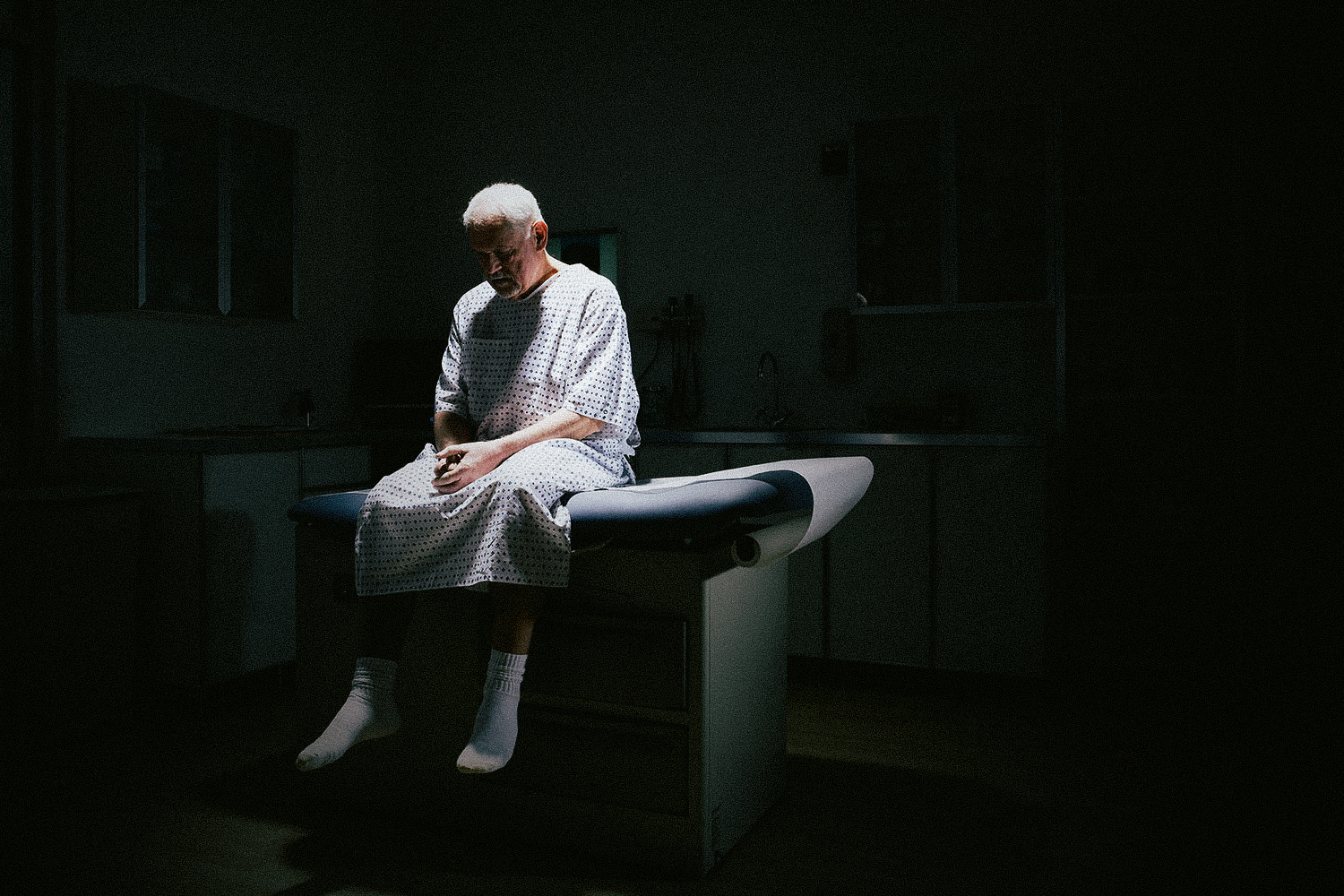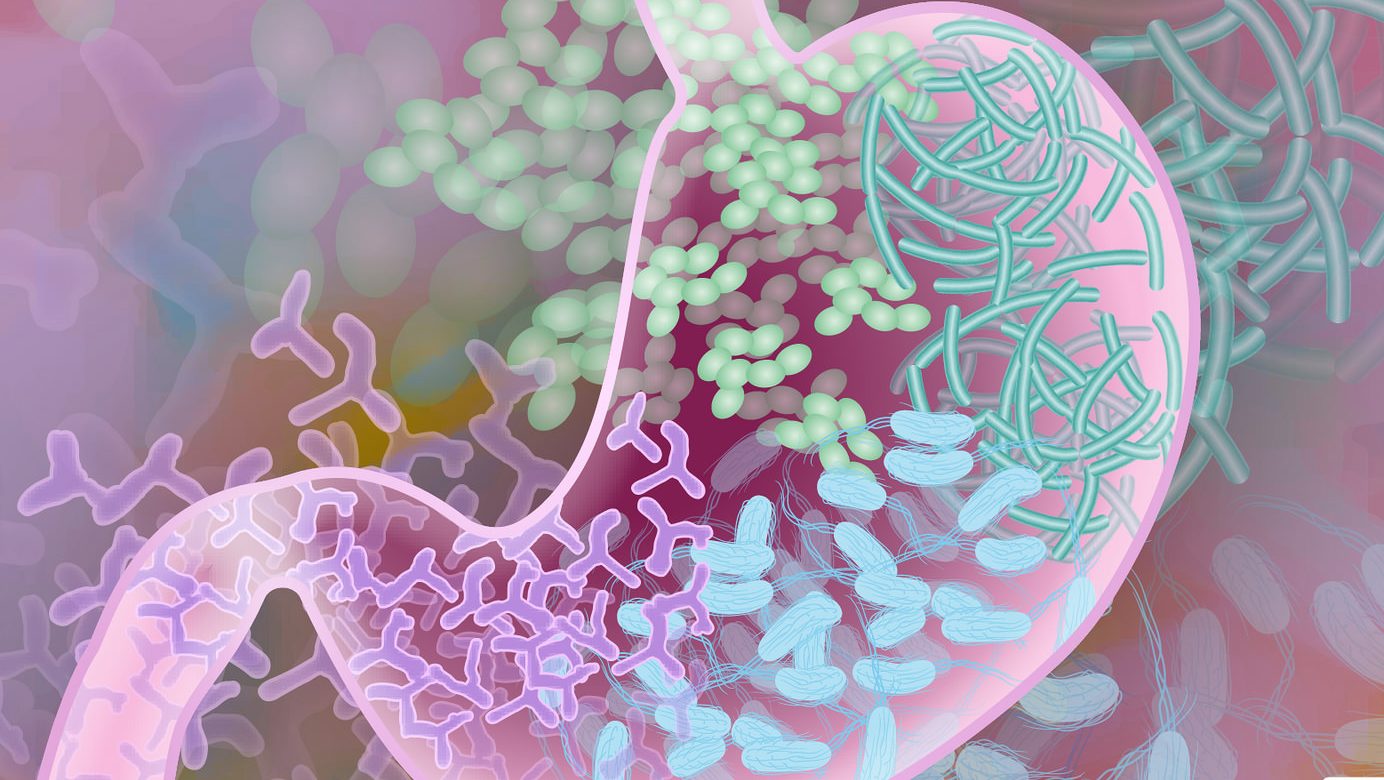In June, after years of perplexing stomach and gut issues, I finally shared my concerns with a doctor. This marked the first time I’d mentioned my gut problems to any medical professional.
After a few questions, my doctor gave me a referral to a specialist.
One caveat here: This interaction happened in June. Of 2020. Over a year later, I have yet to make a follow-up appointment.
It appears that, like many men before me, when it comes to gut health, I’d stupidly rather … gut it out.
And every medical professional I spoke with agreed. “Men and women tend to be a little different in their assessments of health,” says gastroenterologist Dr. Sabine Hazan, who is also the author of the excellently-titled book Let’s Talk Sh!t. “In general, women are more in tune with their bodies and more conscientious of their symptoms. On the contrary, men are taught to be more stoic and put up with discomfort.”
“Interestingly, the stubborn man stereotype is more fact than it is myth,” says Dr. Ralph Esposito, a naturopathic physician, noting a 2019 Cleveland Clinic survey of 1,200 men where 48 percent first turn to a spouse when discussing a health issue, but only 12 percent first see a doctor.
“And if men do open up about their gut issues, it only occurs about 7 percent of the time, meaning 93 percent of the time guys are holding these concerns to themselves,” he adds. “Why? It’s a mix of embarrassment, fear of a poor prognosis/outcome or reluctance to hear that they have to make any diet or lifestyle changes. Men are more embarrassed to say they have chronic bloat or gas, but more so because they were preached to as children that they should be strong and not complain.”
Getting a proper diagnosis also takes time that men may not want to spend. “It takes almost seven years for people, in general, to be diagnosed with IBS,” says Dr. Kim Bretz BSc, ND who notes that gut health, most commonly, isn’t life-threatening. “I think for busy, successful and affluent men it’s easier to just take the pill and be ‘okay enough’ than take up the time to get something diagnosed and work on the underlying things. No one wants to be told to lose weight, eat better and lower your stress.”
But on some occasions, it’s impossible to just take a pill. Daniel Morris, a co-founder of Fire and Saw (a site focusing on fire pits, chainsaws and other traditionally masculine gear), first noticed gut issues a decade ago. “I was 24 and I suddenly started having bad gut pain and crippling diarrhea,” he tells InsideHook. “I never imagined it was anything serious, and I just expected things to get better. I remember some female workmates telling me I should go to a doctor, but it was the furthest thing from my mind.”
Morris lost 40 lbs. over three months before he sought professional help. “I went to my doctor, who I hadn’t seen in many years, who immediately sent me to a gastroenterologist. I was quickly given an ultrasound, then a colonoscopy, and an MRI, and was diagnosed with Crohn’s Disease,” says Morris. “I thought the gut pain and diarrhea was just a phase. I was in my own world and I was dumb.”
But the fact that Morris (eventually) sought help proves that he is actually being pretty smart. And he noticed that what happens in your gut can exponentially affect the rest of your body.
“What many people don’t know is that the gut is an extremely complex ecosystem and has a huge impact on whole body health,” explains Naveen Jain, CEO and Founder of Viome, a scientific wellness company that focuses on gut health and nutrition. “90% of all diseases, including IBS, depression, cancer, diabetes, heart disease and even aging, are linked to the gut microbiome.”
Some overlooked issues for men? Ulcers, which Jain says are twice as common in men than women, along with a higher risk of colon cancer (“Men should be screened regularly after the age of 50.”)
Thankfully, the gut issues most commonly affecting men can be diagnosed by seeing a doctor and making some modest lifestyle changes. Dr. Hazan says she notices acid reflux and constipation are common ailments in men. Her remedies actually do not include laxatives (“they’re OK occasionally, but they’re stressing your digestive tract”), but it’s more avoiding certain foods (bananas, chocolate, white bread) and medications (ranging from antipsychotics to calcium supplements) while paying more attention to overall wellness, from exercise to eating more slowly.
Unfortunately, she also suggests limiting coffee and alcohol consumption to one cup or glass a day. “Particularly beer,” she says. “According to the American College of Gastroenterology, alcohol consumption is significantly associated with the presence of small intestinal bacterial growth. And one of the hallmark symptoms of SIBO is excess gas.”
If it’s a food issue, you’ll want to experiment with different food choices. “You need to find the right diet for your gut,” says Dr. Michael Rusico, author of Healthy Gut Healthy You, who suggests ulcers, GERD/acid reflux, bloating and gas are the most common gut issues with men. “You’ll also want to manage stress, get some sunshine, sleep 7-9 hours per week and maybe take probiotics or digestive enzymes.”
Unfortunately, there’s no one cure for what ails men’s guts. “We’ve analyzed over 250,000 people and learned that there is no universal set of foods or supplements that work for everyone, and even worse, getting the wrong nutrients for your body can do more harm than good,” says Viome’s Jain. “What is considered healthy for one person may be causing low-grade inflammation in another, which can lead to chronic inflammation long term.”
The only universal answer, it appears, is to swallow your pride (and stupidity) and actively seek professional medical guidance.
The Charge will help you move better, think clearer and stay in the game longer. Subscribe to our wellness newsletter today.
























